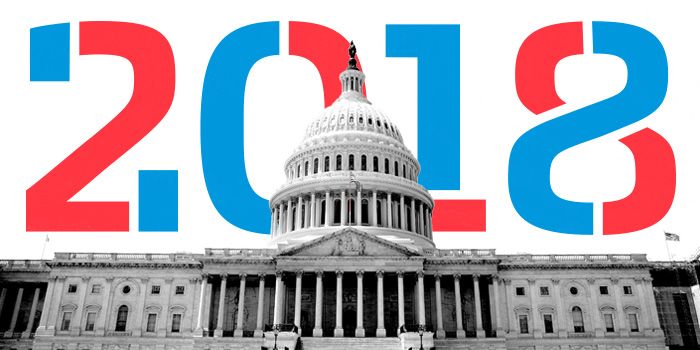What Do the Latest Congressional Elections Mean for Our Country?
December 10, 2018
In the November midterm elections, the Democratic party gained control in the House of Representatives, while the Republicans maintained their influence in the Senate. Now, you may just as well be wondering what exactly this means for our country. First of all, in the U.S., in order to pass a piece of legislation, it has to go through the House of Representatives and the Senate, and if it passes, it must be approved by the President. Therefore, if the House, Senate, and President were all dominated by members of the same party, it would be fairly easy to pass new legislation. This can swing either way depending on who holds the majority.
On one hand, when Democrats controlled both Congress and the presidency during Obama’s presidency, Obamacare was passed. On the other hand, when Republicans had control of both houses and the presidency during the beginning of President Trump’s administration, a tax reform bill was passed. Although all of the Democrats voted against this, the Republicans constituted the majority, which ultimately helped them to win out. However, now that Democrats control the House and Republicans have control over the Senate, many people believe that Congress may not pass any legislation because gridlock could occur as a result of conflicting partisan opinions on the way in which certain issues should be approached. Nonetheless, it is possible that President Trump will persuade both houses of Congress to agree on some legislation, such as criminal justice reform. Additionally, it can be predicted that the Senate, the body that approves (or disapproves) of federal judges by the president, will most likely continue to approve conservative judges.



